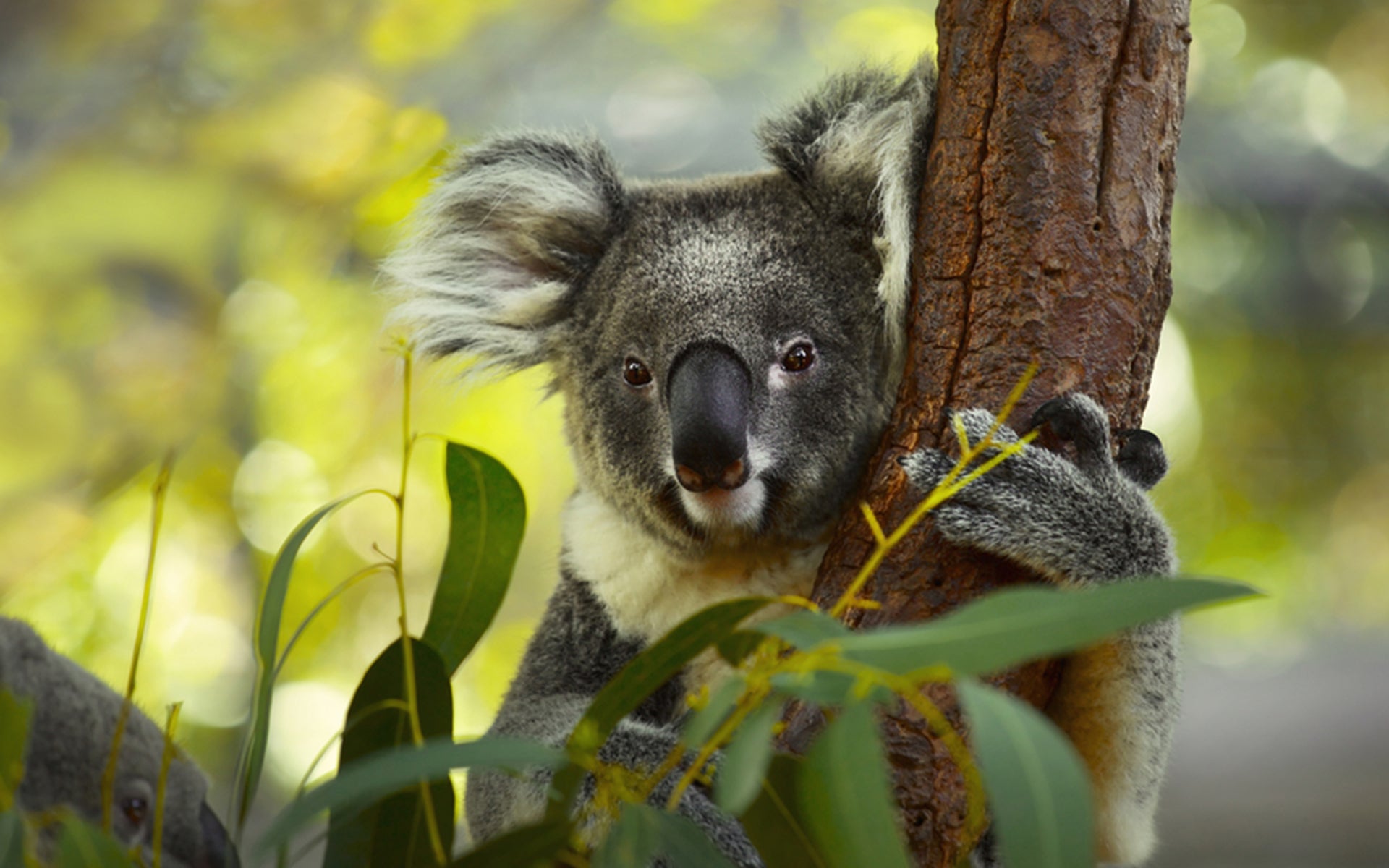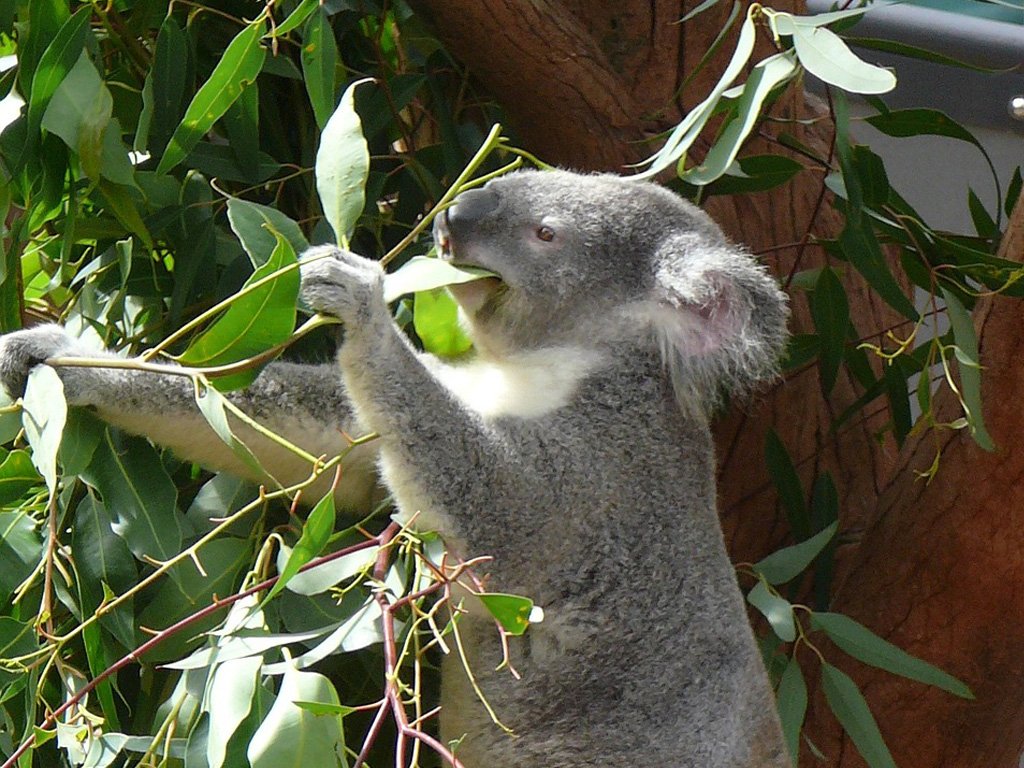Koalas are one of Australia’s most iconic animals, known for their adorable appearance and unique lifestyle. These marsupials are often seen lounging in eucalyptus trees, and their diet and behavior are as fascinating as they are specialized.
Koalas are famously sleepy, spending up to 20 hours a day resting. This extensive sleep is essential for conserving energy, as their diet consists almost exclusively of eucalyptus leaves, which are notoriously low in nutrients. To cope with this energy deficit, koalas have evolved to lead a largely sedentary lifestyle, preferring to conserve their energy for foraging and reproduction.
Koalas have a highly specialized diet, feeding mainly on the leaves of eucalyptus trees. There are over 600 species of eucalyptus, but koalas are selective eaters, primarily consuming the leaves from about 50 of those species. Their preference for certain types of eucalyptus is due to the leaves’ chemical composition, which can vary significantly. Koalas have developed a unique digestive system that allows them to break down the tough, fibrous leaves and detoxify the harmful compounds found in many eucalyptus species.
The koala’s digestive system is specially adapted to their diet. They have a large cecum and colon that help ferment the leaves, allowing for maximum nutrient absorption. The process is slow, taking up to 8 hours for the leaves to pass through their system. This adaptation is crucial, as the energy derived from eucalyptus leaves is minimal, requiring koalas to extract every possible nutrient.
Koalas are primarily found in the eucalyptus forests of eastern and southeastern Australia. Unfortunately, their habitat is under threat due to urban development, logging, and climate change. Conservation efforts are underway to protect these unique animals and their habitats. Organizations are working to restore eucalyptus forests and create wildlife corridors to ensure that koalas can thrive in the wild.